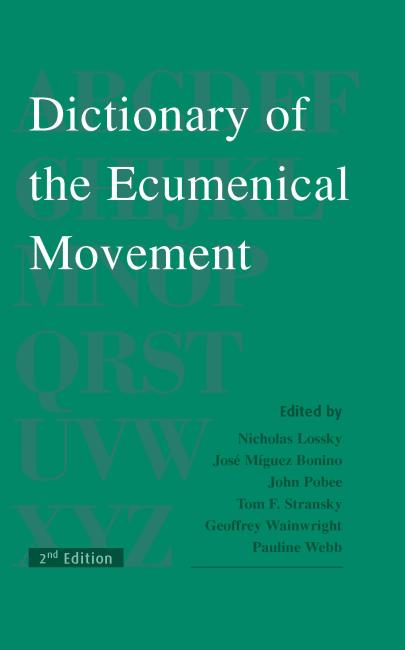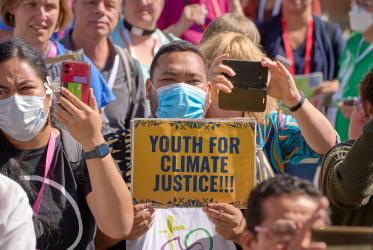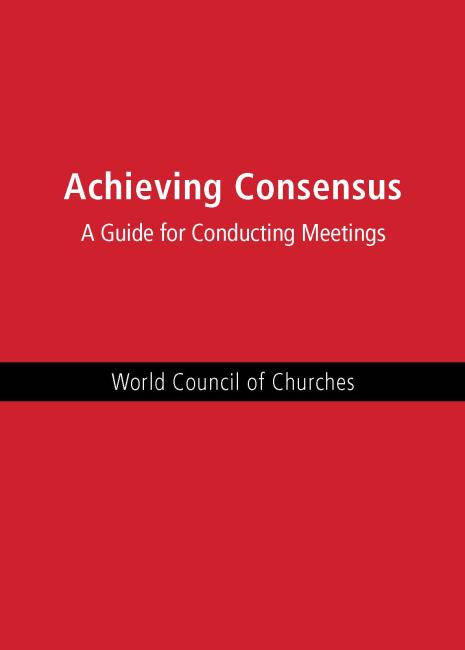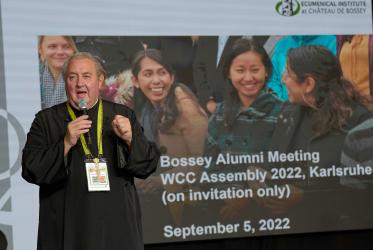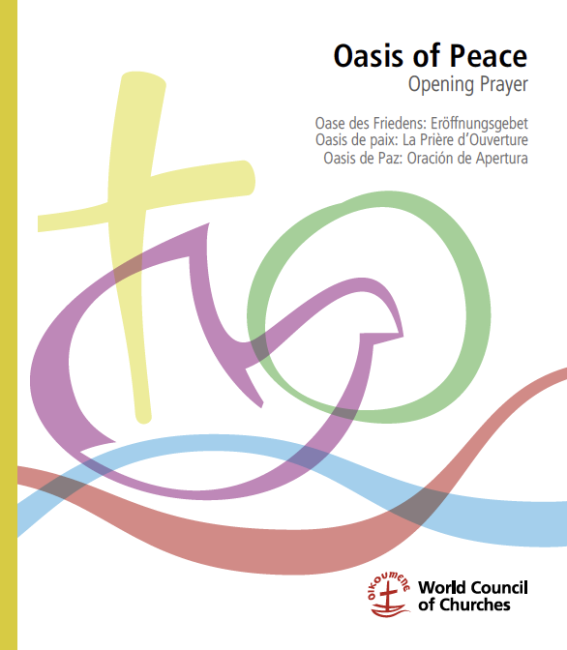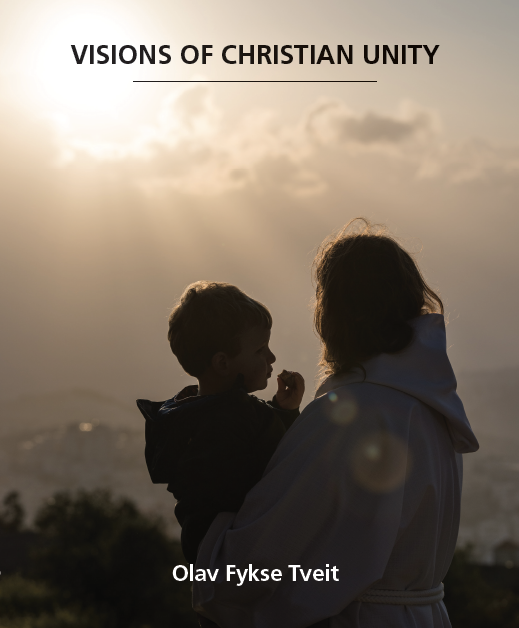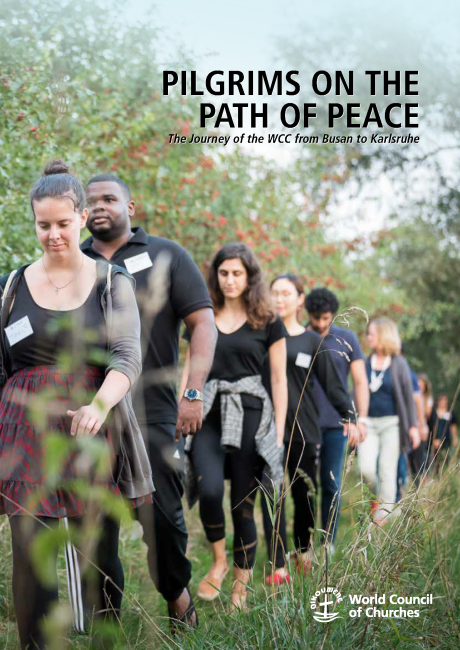Displaying 41 - 60 of 229
28 November 2022
Towards a Global Vision of the Church Volume I
Explorations on Global Christianity and Ecclesiology, Faith and Order Paper 234
14 November 2022
Christ’s Love (Re)moves Borders – GETI 2022 in images
13 September 2022
Oasis of Peace Opening Prayer
30 August 2022
Visions of Christian Unity
24 August 2022
Pilgrims on the Path of Peace
The Journey of the WCC from Busan to Karlsruhe (Illustrated)
24 August 2022
Orthodox Reflections on the Way to Karlsruhe
Christ’s Love Moves the World to Reconciliation and Unity
23 August 2022
Seek Peace and Pursue It: PJP Series 4
Reflections on the Pilgrimage of Justice and Peace in Europe
22 August 2022
A Hundred Years of Mission Cooperation
The Impact of the International Missionary Council 1921-2021
21 August 2022
